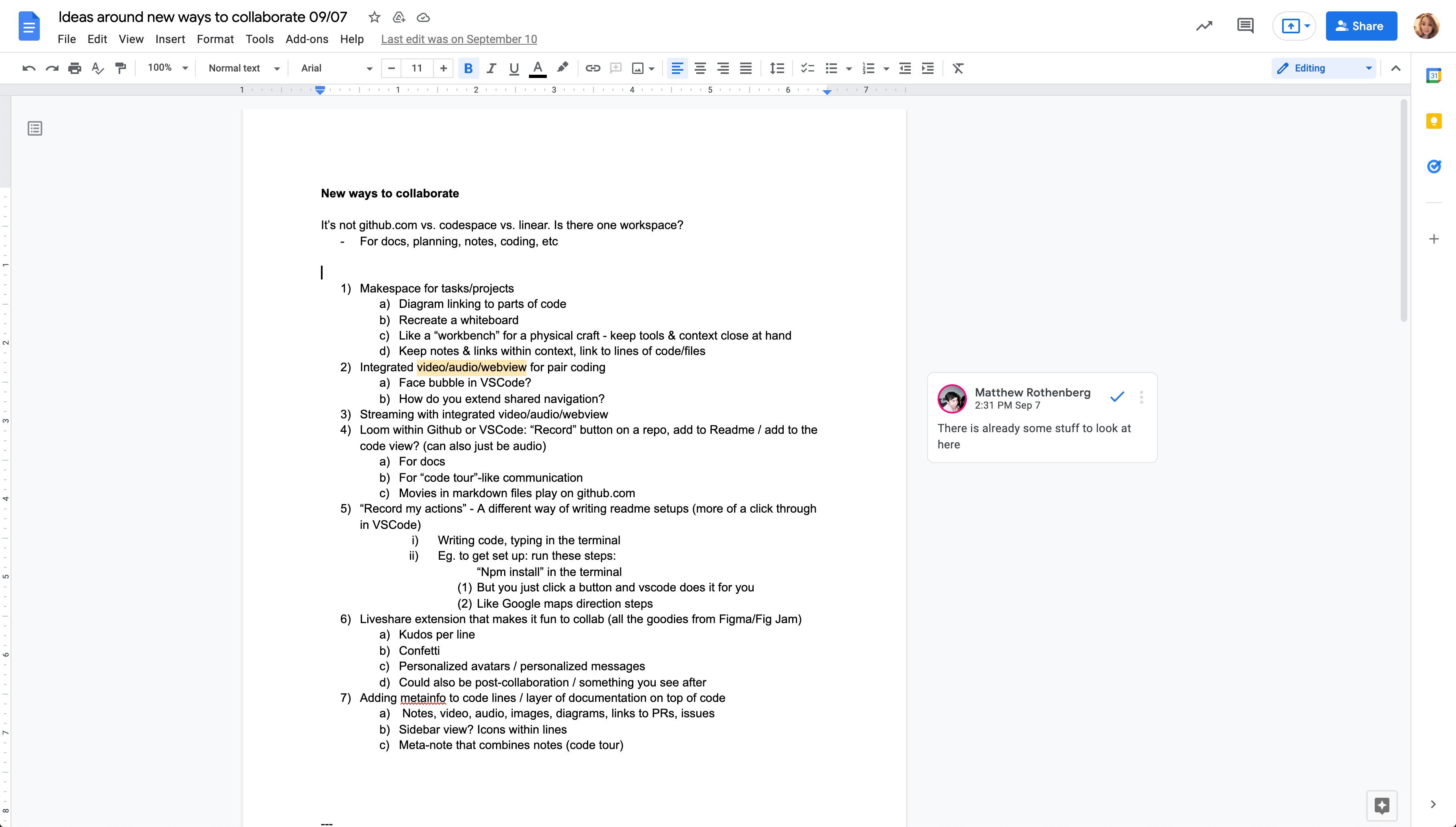

You can contribute and file issues in the runner repository. The GitHub Actions runner application is open source. While the job runs, the logs and output can be viewed in the GitHub UI: name: Get list of rules shell: pwsh run: |
#GOOGLE WORKSPACE GITHUB INSTALL#
Jobs: Run-npm-on-Ubuntu: name: Run npm on Ubuntu runs-on: ubuntu-latest steps: - uses: - uses: with: node-version: '14' - run: npm help Run-PSScriptAnalyzer-on-Windows: name: Run PSScriptAnalyzer on Windows runs-on: windows-latest steps: - uses: - name: Install PSScriptAnalyzer module shell: pwsh run: | Name: Run commands on different operating systems on: push: branches: Install-Module PSScriptAnalyzer -ErrorAction Stop Set-PSRepository PSGallery -InstallationPolicy Trusted uses: name: Install PSScriptAnalyzer module YAML name: Run commands on different operating systems The job named Run-PSScriptAnalyzer-on-Windows is executed on a Windows VM, because the job's runs-on: specifies windows-latest.

#GOOGLE WORKSPACE GITHUB FULL#
For the full list of runner types, see " About GitHub-hosted runners." If you have repo: write access to a repository, you can view a list of the runners available to use in workflows in the repository. To use a GitHub-hosted runner, create a job and use runs-on to specify the type of runner that will process the job, such as ubuntu-latest, windows-latest, or macos-latest. When you use a GitHub-hosted runner, machine maintenance and upgrades are taken care of for you. Each GitHub-hosted runner is a new virtual machine (VM) hosted by GitHub with the runner application and other tools preinstalled, and is available with Ubuntu Linux, Windows, or macOS operating systems.

GitHub provides runners that you can use to run your jobs, or you can host your own runners. For example, a runner can clone your repository locally, install testing software, and then run commands that evaluate your code. Runners are the machines that execute jobs in a GitHub Actions workflow.


 0 kommentar(er)
0 kommentar(er)
